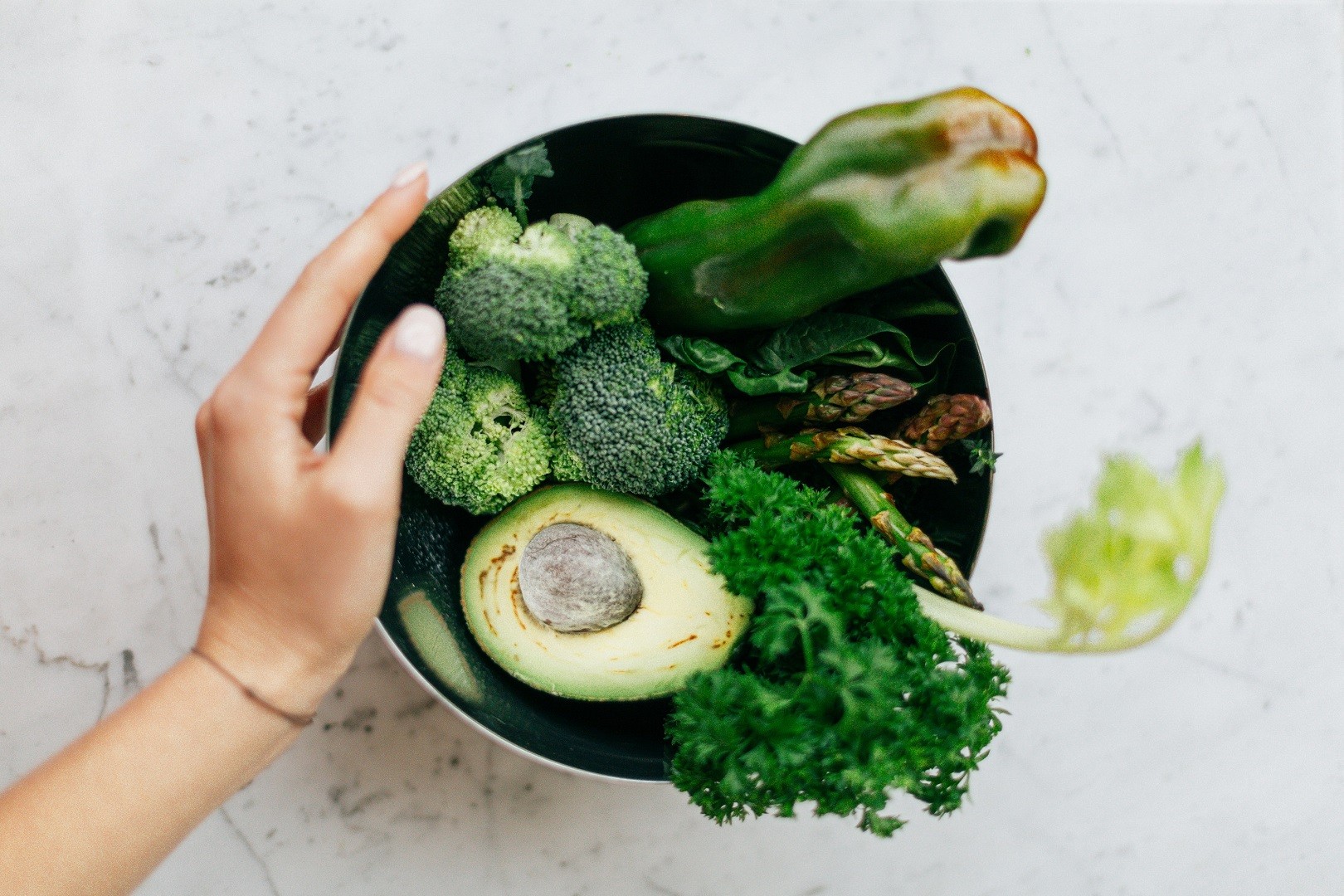
What is a Vegetarian?
A vegetarian is the term commonly used to refer to someone that doesn't consume meat and other animal products.
Types of vegetarians
- Flexitarian/Semi-vegetarian – someone who mostly follows a vegetarian diet but occasionally will eat meat,
- Vegetarian (Lacto-ovo- vegetarian) - refers to those who do not eat beef, pork, poultry, fish, shellfish or animal flesh of any kind, but do eat eggs and dairy products.
- Ovo-vegetarian refers to people who eat eggs but refrain from eating meat or dairy products.
- Vegans – refers to vegetarians that do not eat meat as well as eggs, dairy products, or any other processed foods containing animal-derived ingredients such as gelatin.
Why Become a Vegetarian?
Eliminating meat from your diet carries a number of health, environmental and moral benefits.
Reduced Saturated fat intake
In cutting meat from your diet you cut out the saturated fat that science has proven plays a part in obesity, cardiovascular disease, diabetes, cancer and a host of other diseases. You are also likely to replace meat with foods carrying lower fat contents and higher essential fatty acid content.
Reduced risk of toxicity and food poisoning
When meat isn't prepared properly it can house harmful bacteria that can cause vomiting, diarrhea and fever. Meats are also often processed and treated with hormones and antibiotics that may subtly but adversely affect your health.
A lighter social and environmental conscience
When you become a vegetarian you are no longer contributing to the horrific treatment of animals raised for food. The meat industry also contributes to fuel waste, pollution and waste of resources such as grain which are used to feed cattle.
Supported weight loss
Recent scientific research recently concluded vegetarians are less likely to become obese when compared to their meat-eating counterparts.
Access to greater nutrition
Generally speaking, vegetarians eat foods with higher nutritional qualities, such as fruits, vegetables, beans and wholegrains.
Making the Transition in Vegetarianism
Once you have made the choice to switch to vegetarianism, you may be wondering what do next. Read on for some easy to follow tips that will make the transition easier and more enjoyable.
Do Your Research
Make sure to read up on vegetarianism before you start you new eating pattern. Be prepared and collect some appealing new vegetarian recipes, and substitute the meat in your favourite old recipes with alternatives such as tofu, soy sausages and other vegetarian meat alternatives.
Start Slowly
It is often to overwhelming to stop eating meat all at once. Try gradually introducing vegetarian food into your diet over a period of weeks, aim to increase the number of meat-free days weekly until you have completely transitioned over. Many people start by eliminating red meat from the diet as it offers the highest saturated fat content and least amount of nutritional benefits. In the following weeks proceed with the same routine cutting out pork for a few weeks, followed by poultry and lastly seafood including fish.
Consider Your Alternatives
Depending on what type of vegetarian you want to become, you may like to consider other good sources of protein found in eggs and other dairy products.
Other vegetarian food replacements that should be considered include:
- Swapping butter for vegetable or nut based products such as non-dairy margaraines and Nuttelex.
- Eggs can be replaced by egg replacer when required as a binder in recipes.
- Soy, rice, almond milk may be used to replce cows milk for whatever purpose.
Tell the World
Make sure to explain to your friends and family your reasons for turning to vegetarianism. Be ready for questions as some people may not understand your reasons for the change. Informing your loved ones of your new decision will also allow for better food preparation in and outside the home when dining together.
Originally published on Jun 11, 2010








